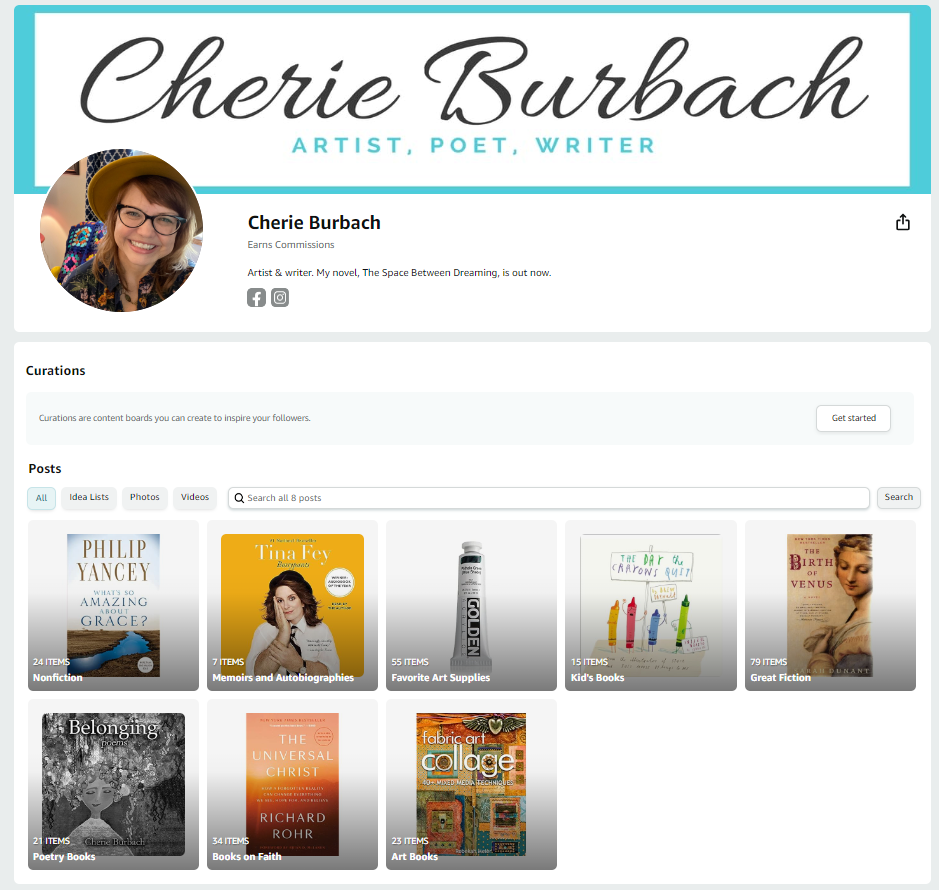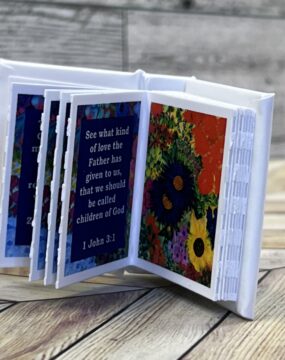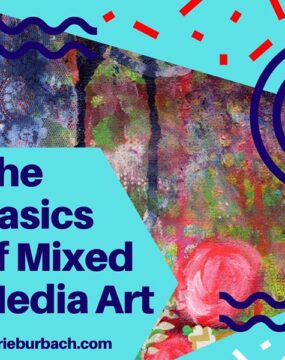We were finally able to watch The Prophet, which I’ve been so excited about and yay! – it did not disappoint. It was exactly the kind of unique creative experience I had hoped it would be. It stays very true to the book, which I was happy about. I loved that it was animated, because how can you possibly do justice to the poetry of Kahlil Gibran with live actors who are limited in movement and thought with their bodies?
The songs are all different and well done, with “On Love” being the best one by far. It’s so beautiful I went back and played it again and again after we watched the movie.
I think this movie is a hard sell for people in general, because unless you really enjoy poetry (and especially this particular book) you might not love it as much. The musical numbers are poetry set to music but not necessarily songs in the traditional sense.
I doubt my husband would have watched it had I not been counting down the days until we could rent it. We would have gone to see it in the theater but it never played anywhere near where we live. I was worried that my hubs would be bored while I was crying at the all the beautiful poetry, but he really enjoyed it and he hadn’t read this poet before. I actually held my breath hoping he would like it, because I wasn’t sure. I think when the general audience sees animation they think “kid’s movie” and while children can certainly watch this one I’m not sure I would classify it as a children’s movie. But you never know! As a kid I definitely would have liked it.
If you’re unfamiliar with Kahlil Gibran, take a look at one of my favorite poems, “On Love,” which was also the song I liked best in the movie:
Kahlil Gibran’s On Love
When love beckons to you, follow him,
Though his ways are hard and steep.
And when his wings enfold you yield to him,
Though the sword hidden among his pinions may wound you.
And when he speaks to you believe in him,
Though his voice may shatter your dreams
as the north wind lays waste the garden.
For even as love crowns you so shall he crucify you. Even as he is for your growth so is he for your pruning.
Even as he ascends to your height and caresses your tenderest branches that quiver in the sun,
So shall he descend to your roots and shake them in their clinging to the earth.
Like sheaves of corn he gathers you unto himself.
He threshes you to make you naked.
He sifts you to free you from your husks.
He grinds you to whiteness.
He kneads you until you are pliant;
And then he assigns you to his sacred fire, that you may become sacred bread for God’s sacred feast.
All these things shall love do unto you that you may know the secrets of your heart, and in that knowledge become a fragment of Life’s heart.
But if in your fear you would seek only love’s peace and love’s pleasure,
Then it is better for you that you cover your nakedness and pass out of love’s threshing-floor,
Into the seasonless world where you shall laugh, but not all of your laughter, and weep, but not all of your tears.
Love gives naught but itself and takes naught but from itself.
Love possesses not nor would it be possessed;
For love is sufficient unto love.
When you love you should not say, “God is in my heart,” but rather, “I am in the heart of God.”
And think not you can direct the course of love, for love, if it finds you worthy, directs your course.
Love has no other desire but to fulfill itself.
But if you love and must needs have desires, let these be your desires:
To melt and be like a running brook that sings its melody to the night.
To know the pain of too much tenderness.
To be wounded by your own understanding of love;
And to bleed willingly and joyfully.
To wake at dawn with a winged heart and give thanks for another day of loving;
To rest at the noon hour and meditate love’s ecstasy;
To return home at eventide with gratitude;
And then to sleep with a prayer for the beloved in your heart and a song of praise upon your lips.







